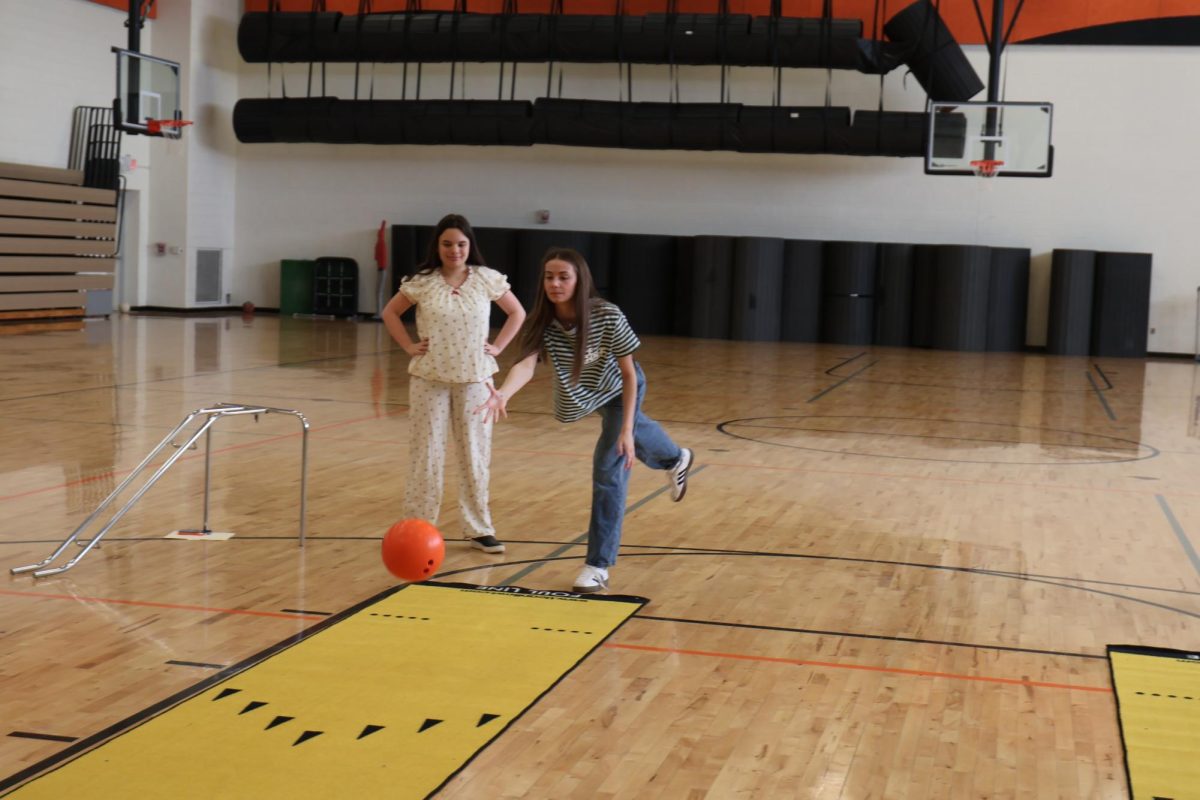Opinion: Qualifications for an activity being categorized as a sport
July 13, 2021
Some of the most passionate arguments come from when people argue over whether a specific activity is categorized as a sport. These disagreements often lead to feelings of invalidation— generally because society has deemed the words “talent” and “athletic ability” as synonymous. People often feel if they aren’t good at a sport, then they are completely untalented, which is why they get so defensive over their activity’s status as a sport.
Looking up the definition of the sport does not answer the question of whether an activity is a sport or not because there are several different variations for the definition of a sport. According to Cambridge Dictionary’s definition, the only component that separates a sport from any other activity is that they require “physical effort.” However, there is more to a sport than just physical effort.
Often times when people argue that their activity is a sport, they reference how tired they feel or how much pain they have as a result of their activity. But, just because something is painful or tiring does not mean that it is a sport. If that was the case, anything could be categorized as a sport. For example, many people get headaches and are tired after thinking really hard about a math problem. According to Cambridge’s definition, math is a sport. It requires effort, skill and has rules. This is why Cambridge’s definition is faulty— nearly anything could be considered a sport.
Cambridge’s definition does not require the activity to have competition for it to be considered a sport— but Google’s does. The addition of this narrows down the activities, but not much. It revokes the sport status from many marching bands, theatre programs and dance programs. However, there are many marching bands, theatre and dance programs that compete.
But according to this definition, people who go to academic competitions such as spelling bees and math competitions would be considered athletes. Video games could also be considered a sport under this definition, as many of them include competition and they require fast thinking, dexterity and the exertion of the opponens digiti minimi and the lumbricals (which are both muscles in hands), according to Athletics Pine Center.
Another way that one can go about deciding whether an activity is a sport is by using the Olympics as a reference. Generally, the events in the Olympics are “true” sports. The Olympics is a worldwide organization that has spent several hundred years carefully selecting activities that they feel are entertaining, easily judged, competitive and physically tiring. Once an activity fulfills these requirements enough to be included in the Olympics, then it can be considered a sport.
There is a lot of gray area when deciding whether an activity is a sport or not because activities that are obviously not sports are often able to meet the requirements of the various definitions. Everybody has a different definition that they tend to be very passionate about.











